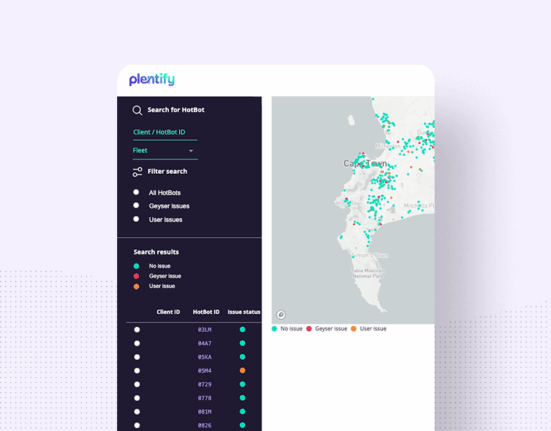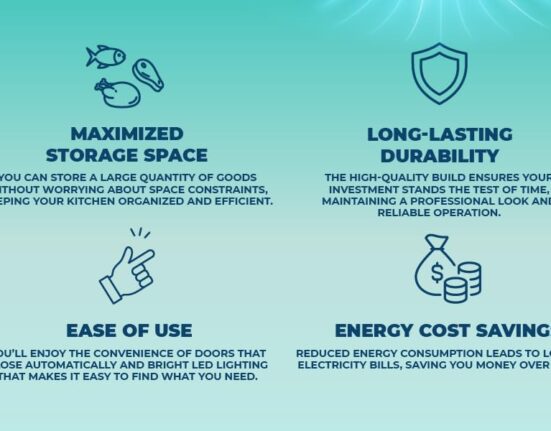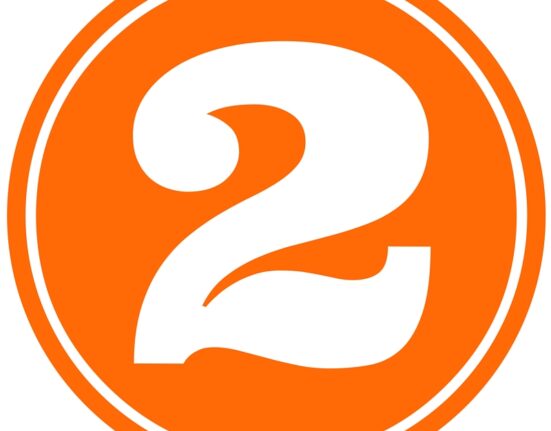South Africa’s constitution guarantees the right to access sufficient food and water. However, many areas still face significant challenges in ensuring this basic human need. From regular water shortages to poor tap water quality leading to waterborne diseases like cholera and typhoid fever, the reality is far from the ideal outlined in the constitution.
As a researcher focusing on equitable economies, water services, and education, I delved into the issues causing precarious water provision in the Chris Hani District Municipality of South Africa’s Eastern Cape province. This municipality comprises six towns with a predominantly rural population of 849,000 people.
Through conducting interviews with municipal officials and water consumers, along with analyzing official reports, it became evident that there are systemic problems hindering adequate water supply. The municipality often fails to adhere to laws mandating the provision of clean drinking water to all residents daily. Additionally, there is a prevalent culture of non-payment for water services exacerbating financial constraints.
One key finding was the urgent need for infrastructure upgrades within the municipality. Dams, reservoirs, and aging pipes must be modernized to ensure an uninterrupted supply of clean water to residents. Moreover, improving revenue collection processes is crucial for sustaining essential maintenance activities such as chlorine procurement and pump upkeep.
In addressing these challenges effectively, it is essential for a dual approach: residents who can afford to pay should do so diligently while impoverished individuals should receive government subsidies for their water consumption. This balanced strategy aims at both ensuring financial sustainability for service improvements and guaranteeing access to those most in need.
The research identified several root causes contributing to the prevailing water issues in the region:
1. **Water Scarcity:** Drought conditions coupled with population growth strain existing resources.
2. **Infrastructure Decay:** Aging pipes and neglected systems require immediate attention.
3. **Political Interference:** Political influences sometimes impede effective decision-making by local experts.
4. **Payment Culture:** A culture of non-payment further strains already fragile systems.
5. **Vandalism:** Damage caused by vandalism disrupts service delivery.
These intertwined challenges create a cycle where distrust among residents leads to non-payment due to erratic services which then hampers revenue collection necessary for system improvements.
Highlighting one participant’s experience sheds light on billing inaccuracies:
“The municipality does not send invoices… most bills are inflated due to estimated household consumption.”
Such discrepancies underscore gaps in compliance with legislative requirements regarding minimum monthly drinking water provisions per family.
Moving forward necessitates concerted efforts towards policy reforms that address bulk-water procurement from governmental sources while also enhancing revenue streams through transparent billing practices and community engagement initiatives aimed at curbing theft and vandalism of critical infrastructure.
Emphasizing job creation initiatives alongside transparent billing practices can cultivate trust among residents about fair payment schemes while also fostering economic stability within communities reliant on municipal services like clean drinking water.
In conclusion, effective provision of essential services like clean drinking water requires collaborative efforts where municipalities prioritize infrastructure upgrades alongside transparent billing practices while residents fulfill their obligations by paying for consumed services promptly.
By implementing these multifaceted strategies consistently over time, municipalities can ensure sustainable access to clean drinking water for all residents while upholding constitutional rights enshrined in South Africa’s legal framework.









Leave feedback about this